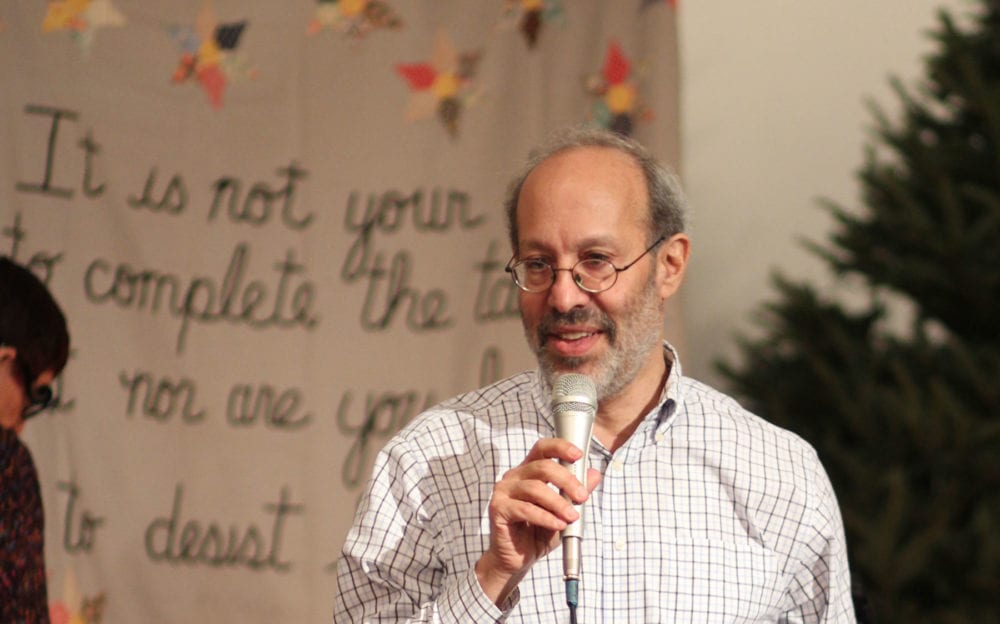
Yesterday, on MLK Day, Oren and I went to volunteer at the JCC in Harlem in the morning and to assemble food packages. When I came home it was fitting that I finished reading Isabel Wilkerson’s monumental book, “The Warmth of Other Suns”, which traces the Great Migration of African-Americans out of the south from 1915 to 1970. Wilkerson tells the stories of three individuals in particular who are emblematic of the exodus of six million who made this journey.
The writing is beautiful and the book captivated me, but I had to read it in small doses. Otherwise, it was too sad and overwhelming. I know well our history of how Jews have been persecuted and, yes, targeted for annihilation. But we at least have the fortune of being white. I really can’t imagine what it must be like to endure systemic, perpetual acts of racism just because of the color of your skin.
The description of life under Jim Crow and the fear of lynchings was horrifying. Life for the sharecropper, which was essentially a new form of indentured servitude, was depressing and debilitating. If and when people finally dared to leave, the journey out was harrowing, often done surreptitiously lest their plan be thwarted. And then, of course, crossing the Mason-Dixon line did not mean all their problems were over. To the contrary. Now they faced crowded cities, restricted neighborhoods, exorbitant rents, and a scarcity of jobs. They soon discovered that they had not left racism behind.
We can be pleased that thousands of volunteers across the country, including our own members and friends, did meaningful work this MLK Day in their communities. And yet all these small-scale activities feel so inadequate to advancing the agenda of social justice for all Americans, especially those of color. There is so much more we need to do.
Rabbi Peter H. Schweitzer
